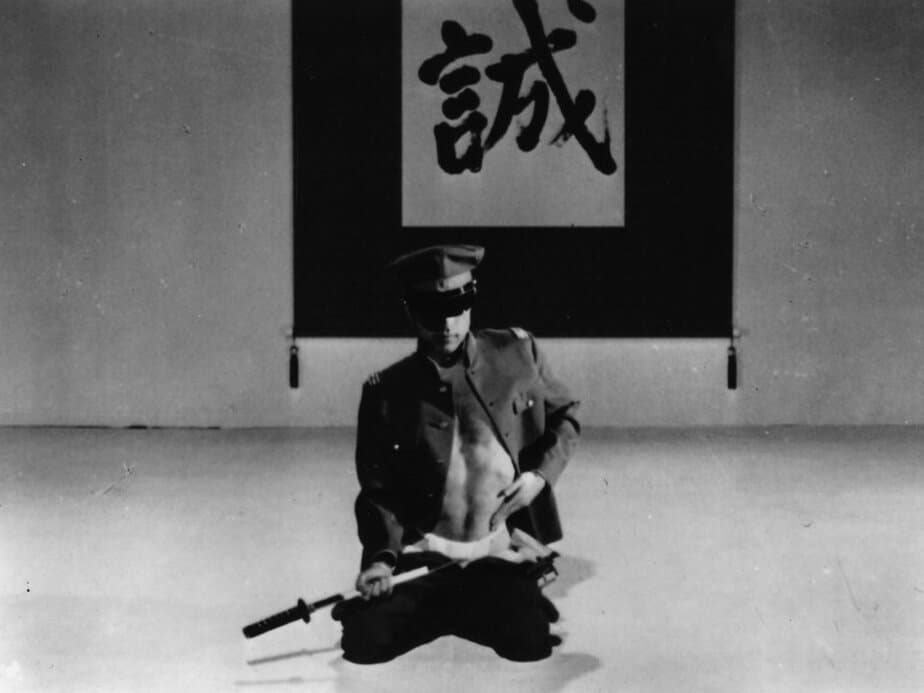EDSA is an acronym referring to Epifanio de los Santos Avenue, the longest highway in Manila and the whole of the Philippines, and also the central stage of the 1986 revolution that ended the 20-year dictatorship of President Ferdinand Marcos. Using the events as a starting point (through actual footage that are repeated throughout the movie), Khavn presents a political satire/musical that aims to highlight that nothing ever changes in the political setting of the country.
Of course, this allegory is by no means generic. Khavn places his story in 2030, in the Ek-Ek-Ek democracy, a fictional country that functions as a metaphor for the Philippines, where a number of leaders that are soon proved puppets in the hands of a mysterious organization called the Hukbalaka, succeed one another until leadership falls into the hands of the stupidest of them all, Three Eyes.

Through the story of Three Eyes and his rise, Khavn makes a number of sociopolitical comments, mostly referring to the ways common people are manipulated by the invisible individuals (specific families and corporations) that hold true power in the country, and the ridiculousness of the former thinking that their actions bring real change. His critique is rather harsh, if more symbolic than in-your-face, and also turns towards the Filipino movie industry and particularly the MTRCB (Movie and Television Review and Classification Board, which is depicted as the Council of Bored Housewives). In a scene that supposedly takes place during the Cannes (Canness here) Film Festival in the future, a man named Ishmael Brocka (a combination of Ishmael Bernal and Lino Brocka, two of the most acclaimed Filipino directors of all time) receives an award and says on stage “Blessed are the Poor”. The comment about the Board promoting films of the “poverty porn” variation is quite palpable, as is the overall image of the poor (not only in financial terms) country the various governments seem to promote.
Expectantly, the presentation of all these comments is as absurd and surrealistic as possible, both in terms of conception and implementation. The characters, for starters, include a leader named Nigger Thunder, Ana Mari, a former prostitute who becomes the First Girlfriend, a resistance group consisting exclusively of mermaids, the Duck-Egg Trio, who leads the largest religious cult in the country, and the Basketbag Brigade, martial artists who function as henchmen for the Hukbalaka, the four bald men that actually run Ek-Ek-Ek. All these characters and the Odyssey-like events that lead Three Eyes to leadership are presented through a combination of musical and low-budget sci-fi sequences, that also include a rather absurd but also impressive, martial arts action scene. These parts are juxtaposed with actual footage from the EDSA revolution, in an effort by Khavn to parallel the events of the movie with the real ones, despite the chaotic absurdity of the former. The combination works quite well in terms of entertainment and context, something that should be attributed to Khavn's direction and Jeremiah Domingo and Carlo Manatad's editing.

Albert Banzon's cinematography “translates” all the above elements eloquently, while the intense colors that usually dominate the fiction sequences are pleasant to the eye and also work quite well in contrast to the black-and-white of the actual footage. Special mention should also be given to the production design and the costumes, that managed to bring Khavn's imagination to the screen with gusto.
Epy Quizon as Third Eye is the undisputed star of the movie, with him giving an impressive performance, singing, dancing and overall, acting as a caricature in the most joyful fashion.
Once more in a Khavn film, one has to see beyond the absurdness to understand the sociopolitical comments and the metaphors, but “EDSA XXX” actually works quite well cinematically, particularly in terms of entertainment, even without one realizing the hidden comments.















